Abstract
Conversational recommender systems (CRSs) are increasingly vital for delivering multi-turn, context-aware recommendations. This tutorial provides a concise yet comprehensive exploration of modern generative CRSs, highlighting recent advances in generative AI—such as breakthroughs in large language models and neural generation pipelines, that enhance dialogue management, user modeling, and response generation. In addition, the tutorial addresses core challenges, including data acquisition, multi-turn personalization, and evaluation issues, such as controlling hallucinations, accounting for social factors, and managing ethical considerations, while also discussing emerging risks and novel solutions. Ultimately, participants will be equipped with actionable insights and practical tools for building new conversational recommender systems powered by generative models.
ACM RecSys 2025
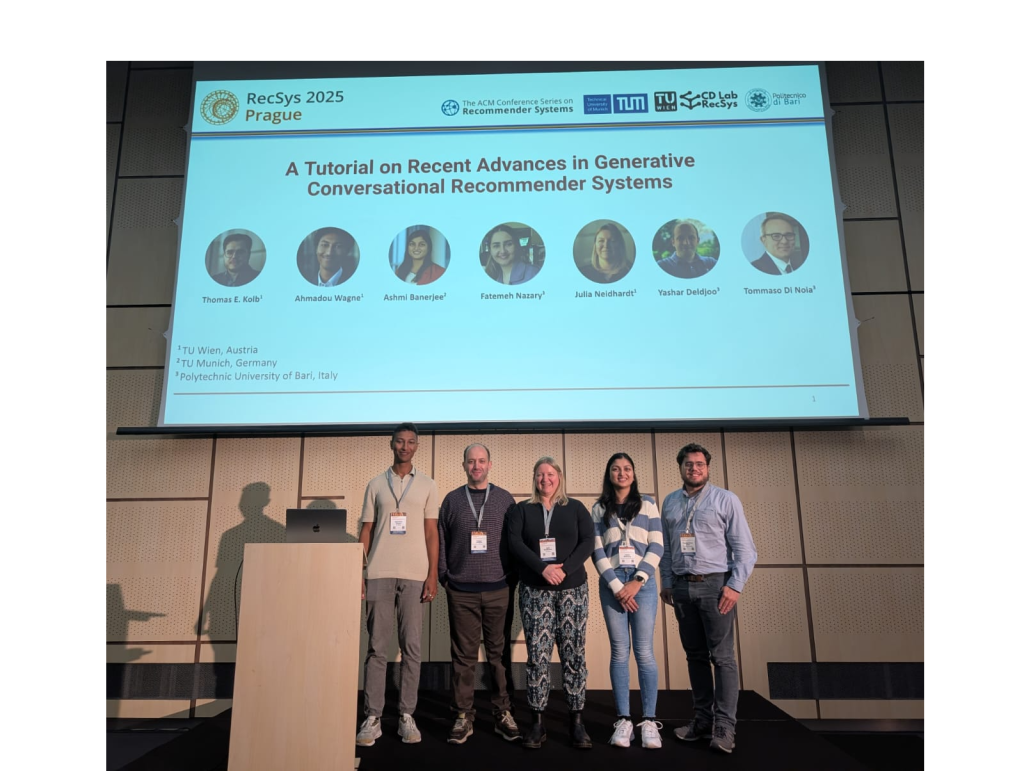
Kolb, T., Wagne, A., Banerjee, A., Nazary, F., Neidhardt, J., Deldjoo, Y., & Di Noia, T. (2025). A Tutorial on Recent Advances in Generative Conversational Recommender Systems. In Proceedings of the Nineteenth ACM Conference on Recommender Systems (pp. 1420–1422). Association for Computing Machinery.
Thomas E. Kolb, TU Wien, Austria

Thomas E. Kolb
TU Wien, CDL-RecSys
Thomas E. Kolb is a 3rd year PhD student and project assistant at TU Wien, specializing in the long-term dynamics of bias and fairness in cross-domain recommender systems. His research, conducted in collaboration with industry partners in the news, books, and lifestyle domains, explores the evolution of algorithmic bias over time and its implications for fairness. His work advances the understanding of fairness-aware recommendations, aiming to provide actionable insights for academia and industry.
Ahmadou Wagne, TU Wien, Austria
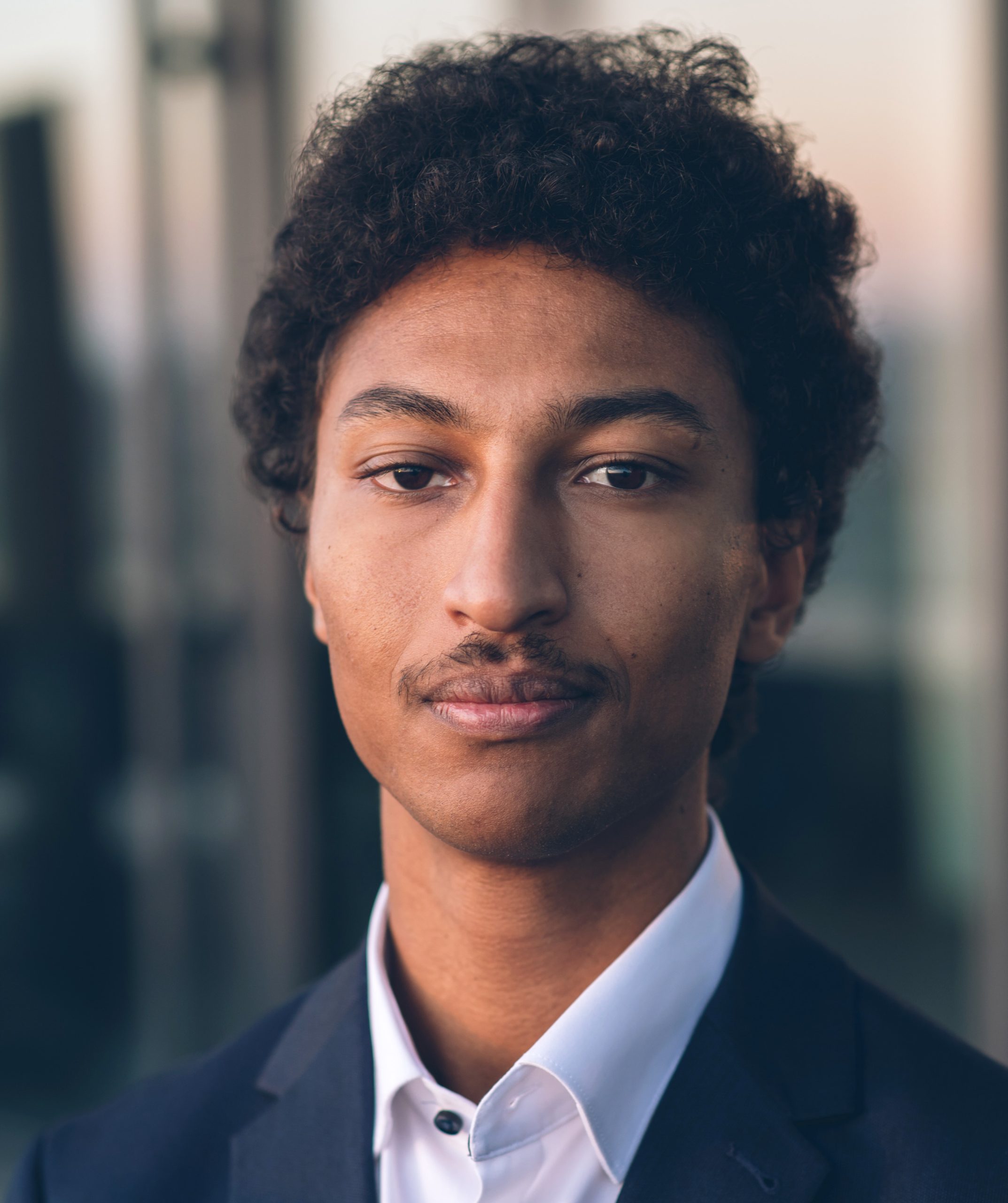
Ahmadou Wagne
TU Wien, CDL-RecSys
Ahmadou Wagne is a PhD student and project assistant at TU Wien, Austria. He holds a Master’s degree in Data Science from TU Wien. His research focuses on preference elicitation in conversational recommender systems, investigating the potential of LLMs in that process, especially in e-commerce. His research is dedicated to better understanding users’ preferences and facilitating their decision-making process. Beyond this, his academic interests extend to natural-language processing and computational social science.
Ashmi Banerjee, TU Munich, Germany
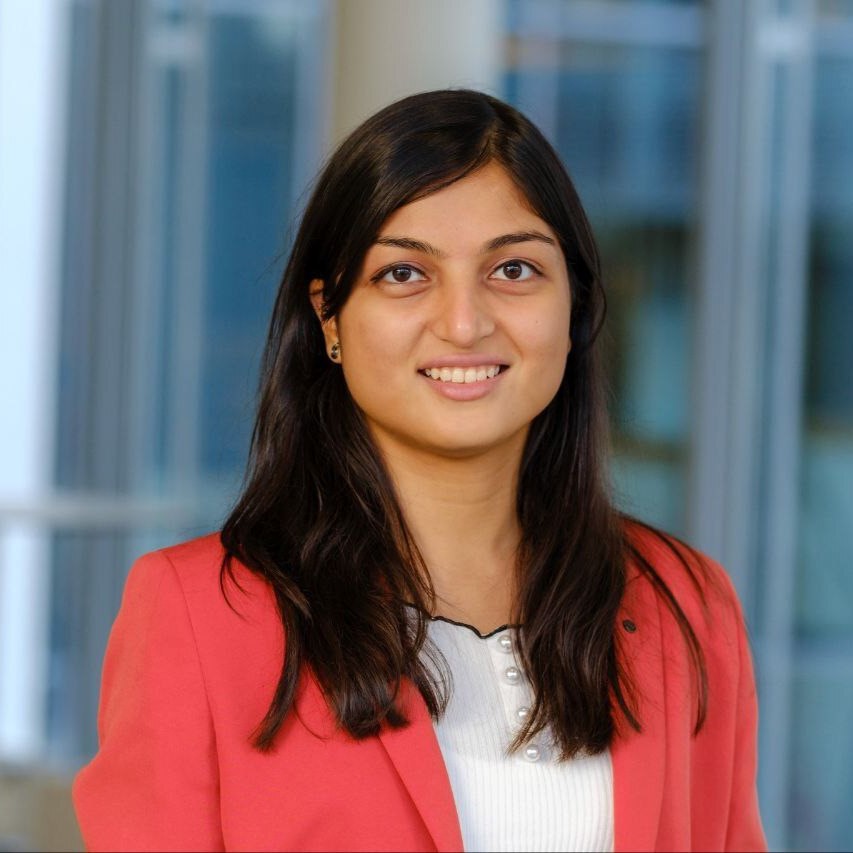
Ashmi Banerjee
TU Munich
Ashmi Banerjee is a 3rd year PhD student at the Technical University of Munich, focusing on Tourism Recommender Systems. She graduated with a master’s degree in Computer Science in 2019 and has three years of industry experience in Germany. A Google Developer Expert in Machine Learning since 2023, Ashmi was named one of the 100 technologists to watch for 2023 and has received multiple awards, including the Google Developer Expert Community Award and the Women Who Code Applaud Her Awards for 2023. As a Google Women Techmakers Ambassador and a diversity advocate, she is dedicated to closing the gender gap in STEM through her involvement in various women in STEM networks such as the ACM Women in RecSys.
Fatemeh Nazary, Polytechnic University of Bari, Italy
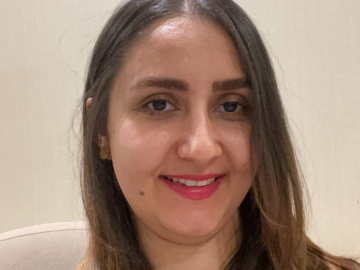
Fatemeh Nazary
Polytechnic University of Bari
Nazary is a postdoctoral researcher at the Polytechnic University of Bari, Italy. Her research focuses on applying principles of trustworthy AI to downstream recommender systems and ML applications. In particular, most of her work has concentrated on security (adversarial attacks, data poisoning), explainability, and fairness of RecSys. She has contributed to a number of research projects in these directions, presenting at top venues (CIKM, ECIR, ECAI, RecSys) and leading journals (ACM TIST, ACM CSUR, ESWA). Currently, her research centers on exploring the benefits and risks associated with leveraging Generative AI through the use of modern LLMs and Retrieval Augmented Generation (RAG) in downstream Recsys and ML applications.
She also serves on program committees for venues such as ECAI and RecSys and acts as a reviewer for esteemed journals, including ESWA, TOIS, IP\&M, and ACM CSUR.
Julia Neidhardt, TU Wien, Austria
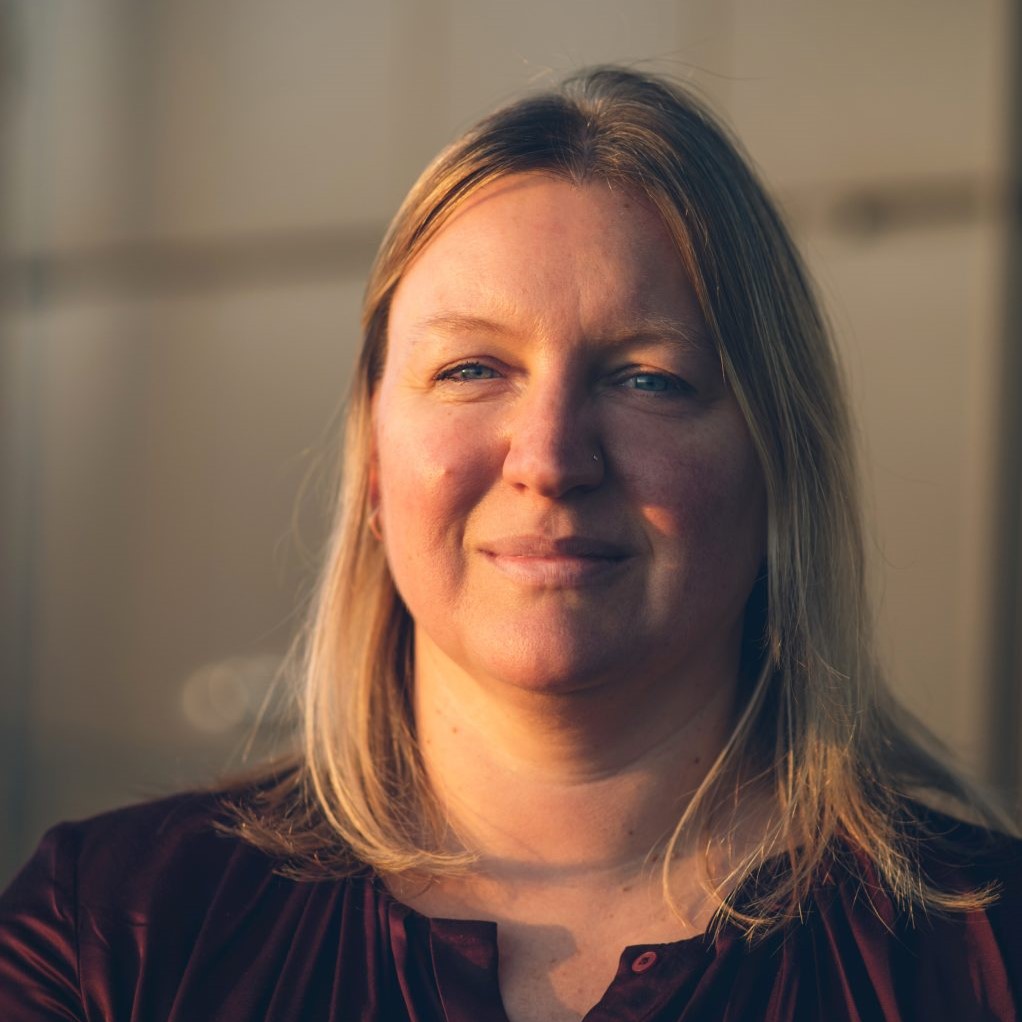
Julia Neidhardt
TU Wien, CDL-RecSys
Julia Neidhardt is a tenure-track Assistant Professor at TU Wien with a background in mathematics and computer science. Her research covers user modeling, recommender systems, social networks, and online behavior, with over 80 publications. She is a senior program committee member of ACM UMAP and ACM RecSys and associate editor of the Journal of Information Technology & Tourism. She has co-chaired research tracks at ACM UMAP 2023, ENTER e-Tourism 2020, and ENTER 2019 and co-organized various academic events.
Since 2022, she has led the Christian Doppler Laboratory on Recommender Systems at TU Wien, focusing on using LLMs to improve recommender systems. In 2023, she was appointed UNESCO Co-Chair of Digital Humanism at TU Wien, working on AI technologies’ responsible and ethical use.
Yashar Deldjoo, Polytechnic University of Bari, Italy
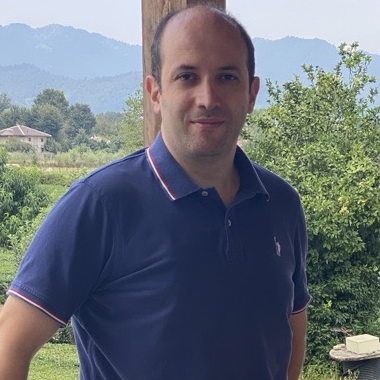
Yashar Deldjoo
Polytechnic University of Bari
Yashar Deldjoo is a tenure-track Assistant Professor and senior research scientist at the Polytechnic University of Bari, Italy. He serves as an associate editor for ACM CSUR and IEEE TKDE, and has guest-edited special issues on Trustworthy Recommender Systems and Recommendations with Generative Models for ACM Transactions on Recommender Systems. Yashar is a member of the senior program committees for conferences such as SIGIR, CIKM, ECAI, and WebConf. With over 100 publications, he has contributed two chapters to the Recommender Systems Handbook and authored a book on Recommendations with Generative Models (FntIR-2025).
Tommaso di Noia, Polytechnic University of Bari, Italy
Tommaso di Noia
Polytechnic University of Bari
Tommaso Di Noia is a Professor of Computer Science at Politecnico di Bari (Italy). His research activities, mainly focused on Artificial Intelligence and Data Management, were initially devoted to theoretical and practical issues in knowledge representation and automated reasoning. In these fields, he proposed innovative solutions to knowledge-aware resource retrieval and matching by exploiting non-monotonic automated reasoning techniques. Then, he moved to study how to apply knowledge representation techniques and tools both to automated negotiations among rational agents with preferences and to mobile and ubiquitous computing scenarios and protocols. Following these ideas, he started to study applications of knowledge graphs and Linked Open Data datasets to user modeling and recommender systems.
He has recently been publishing many works covering theoretical, algorithmic, and experimental aspects on the subject of recommender systems. During the last years, he has also focused on security and privacy issues related to recommender systems with a specific emphasis on adversarial and federated machine learning.
Tommaso Di Noia has published many papers in international journals, conferences, and book chapters related to his research interests. Some of them have been awarded the Best Paper Award in different conferences. He is a recipient of IBM Ph.D. Fellowship in 2015 and HP Labs Innovation Research Program Award in 2011 and 2012.
